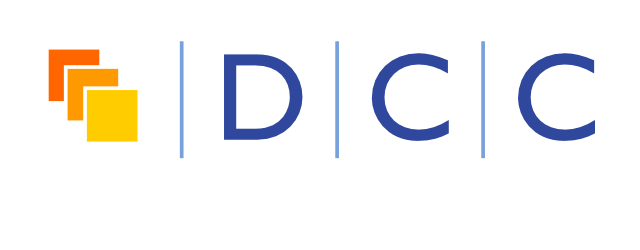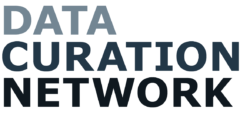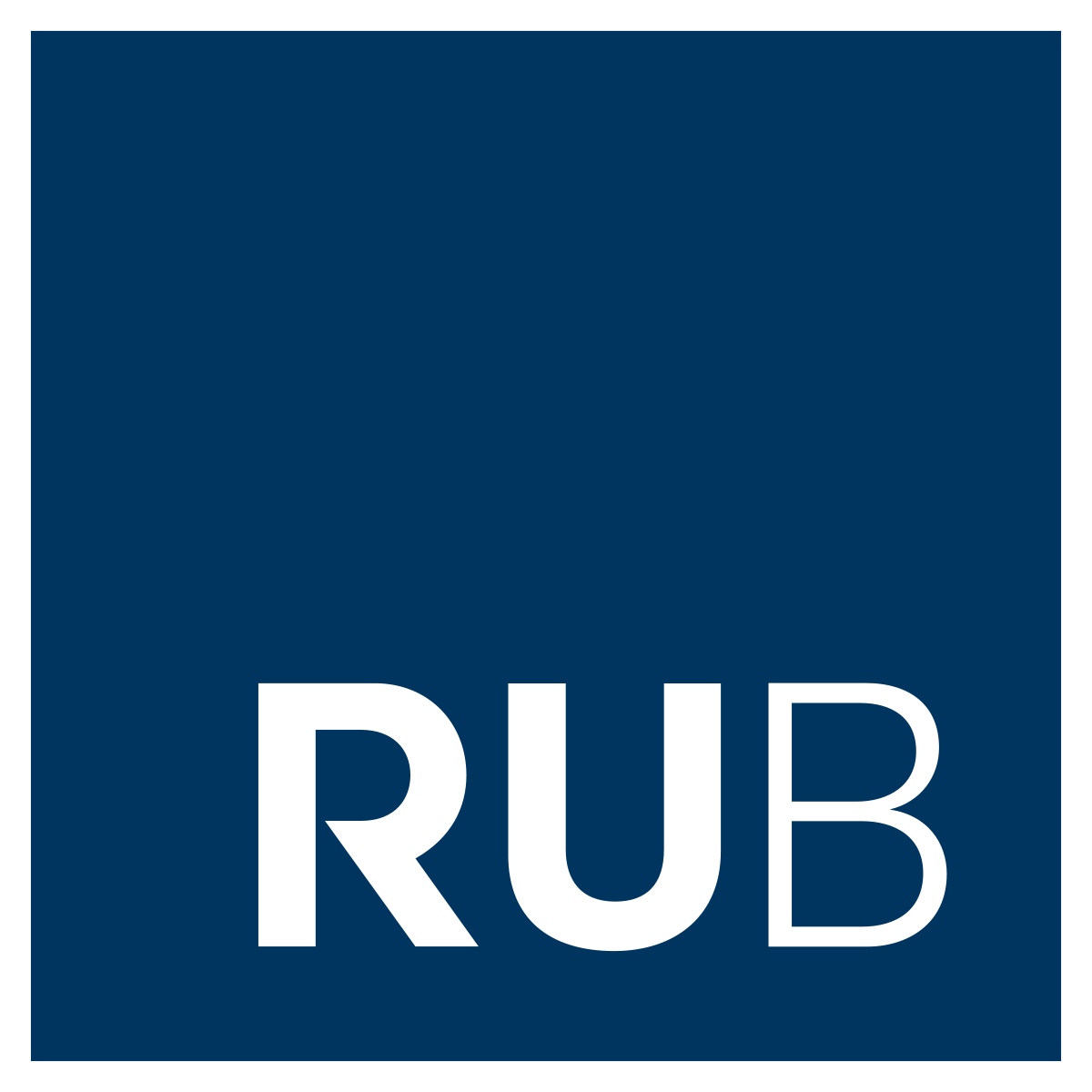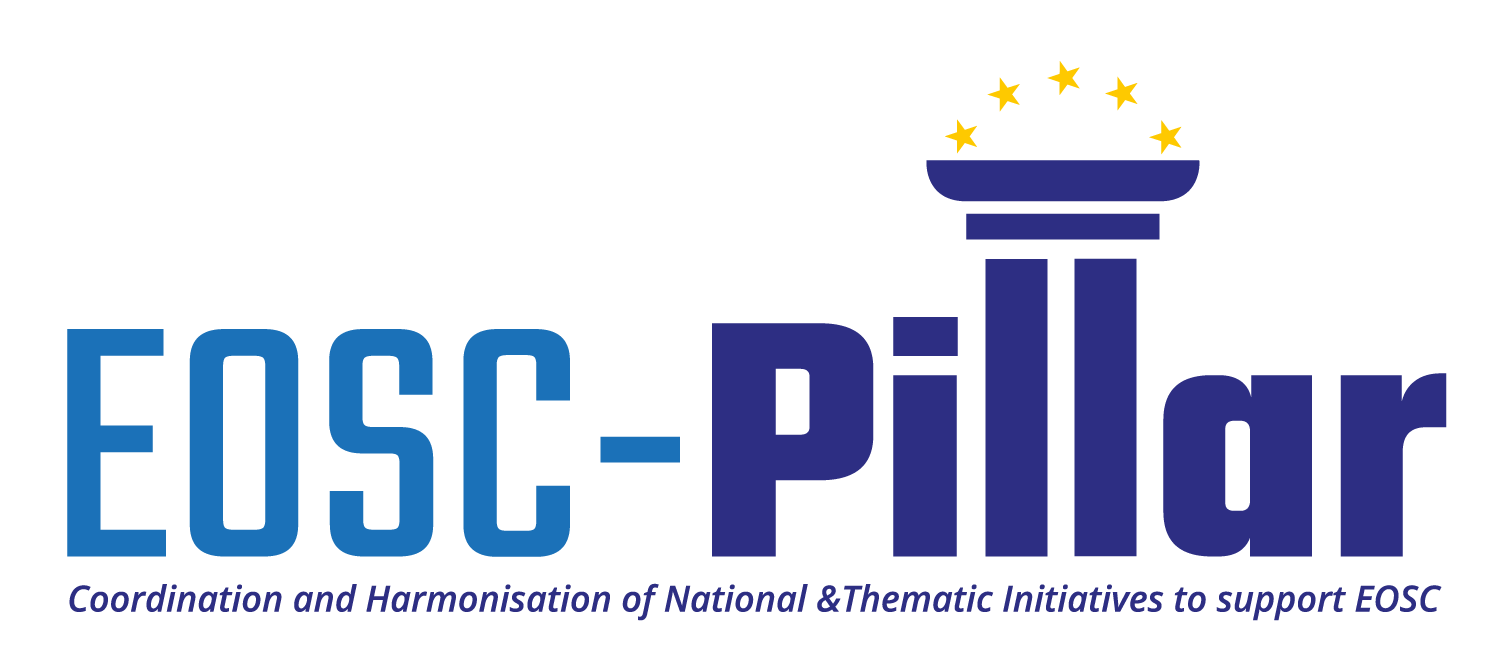
Data stewardship resources
The data stewardship resource catalogue is a collection of online searchable resources for data stewardship and RDM support. It focuses on day-to-day, operational and readily available resources that can be used by data stewards to support researchers, although these resources might be useful for other target groups as well. The records in this catalogue can be filtered according to different categories: skills group (data lifecycle phase), target group, subject or domain and keywords. You can also perform a free-text search.
The catalogue is a work in progress and is currently being expanded.
Found: 37 Data stewardship resource/s

Data repository finder
Utrecht University has created a simple decision-tree tool that helps researchers to choose a generic repository that best fits their needs. To do so, criteria such as restriction of access and cost of the repository are taken into account.

DataWiz Knowledge Base
The knowledge base’s of the DataWiz is a complete RDM guideline for Psychology research to support or complement the use of the DataWiz data management tool. The content is structured in three sections: before, during and after data collection & analysis. The first section covers data management planning as well as the various legal and ethical aspects related to data management. The second section focuses on best practices and tips for handling and documenting data during research. Finally, the last section focuses on how to share and preserve data at the end of the project.

DataWiz Research Data Management system
DataWiz is an automated assistant for data management in Psychology, developed by the Leibniz Institute for Psychology Information. It is a web-based application that supports researchers in planning their data management before the project starts and in managing their research data during the project. It provides functions to cover the entire research data lifecycle: data preparation, documentation and archiving. It also provides a digital collaborative working environment for you and your team. With DataWiz researchers can reduce the time spent on RDM, increase the quality and ensure the long-term reusability of research data.

Electronic Research Notebook Case Study
The University of Glasgow run a work package between 2018 and 2019 to investigate the user requirements for Electronic Research Notebooks (ELNs). They organized a series of workshops to understand user needs, and run software trials to increase the interest and understand barriers inhibiting the uptake of ELNs. The results and conclusions of the exercise have now been published.

Encryption guidelines
Ghent University has elaborated an encryption manual for researchers. It begins with basic information about what encryption is and when is it needed. Then, it describes different encryption strategies and frames them into different scenarios, and provides step by step instructions for each of these scenarios.

Five steps to decide what to keep
The Digital Curation Centre has prepared a tool to guide researchers in their preservation strategy. Through a series of checklist, researchers are guided to reflect on what purposes the data could serve in the future, to consider what requirements they need to fulfill and what should be preserved according to the data reuse potential and its replicability. Finally, the costs of the preservation are considered to make a final decision.

GeoDatabase (.gdb) Data Curation Primer
The Data Curation primers are documents used as a reference to curate research data within a specific discipline area or when using certain software or data types. They are developed during a series of workshops were attendees get input from a mentor of the Data Curator Network. The results are published in GitHub repositories. The GeoDatabase Data Curation Primer provides guidelines to manage and organize geographic data in geodatabases, to describe such data using geospatial metadata standards and which actions can be undertaken to preserve geospatial data in the long term.

Goodtables
Goodtables is a free online service for tabular data validation, developed by the Frictionless Data team of the Open Knowledge Foundation. This open source tool will check basic structural errors such as blank or duplicate rows, duplicate headers, whether all rows have the same number of columns, etc. The data can be validated by providing a URL to the file (e.g. link to GitHub repository) or by uploading a file. Several formats are admitted: csv, excel, LibreOffice, Data Package, etc. Besides, a data schema can be uploaded to enable further checks, such as whether the data type (e.g. date), format (e.g. YYYY-MM-DD) and possible data constrains (e.g. no later than 2000-01-01) are respected. Documentation about the tool is available at: http://docs.goodtables.io/index.html

Grouping funder and journal policies
The University of Bochum groups all the funder and journal policies in a succinct page which provides links to external resources where guidelines are provided in detail.

Guide to using OneNote as a Research Notebook
The University of Glasgow has prepared a detailed guideline on how to use Microsoft OneNote as a research notebook. It guides researchers from the initial steps of accessing the software and setting up a notebook, to more specific functionalities such as inserting tables, images, equations. It also provides information onhow to manage and share content.



